T H E A P A R T / TOGETHERPOEM
Prompt Against Anxiety #3 | from Wisconsin Poet Laureate Margaret Rozga
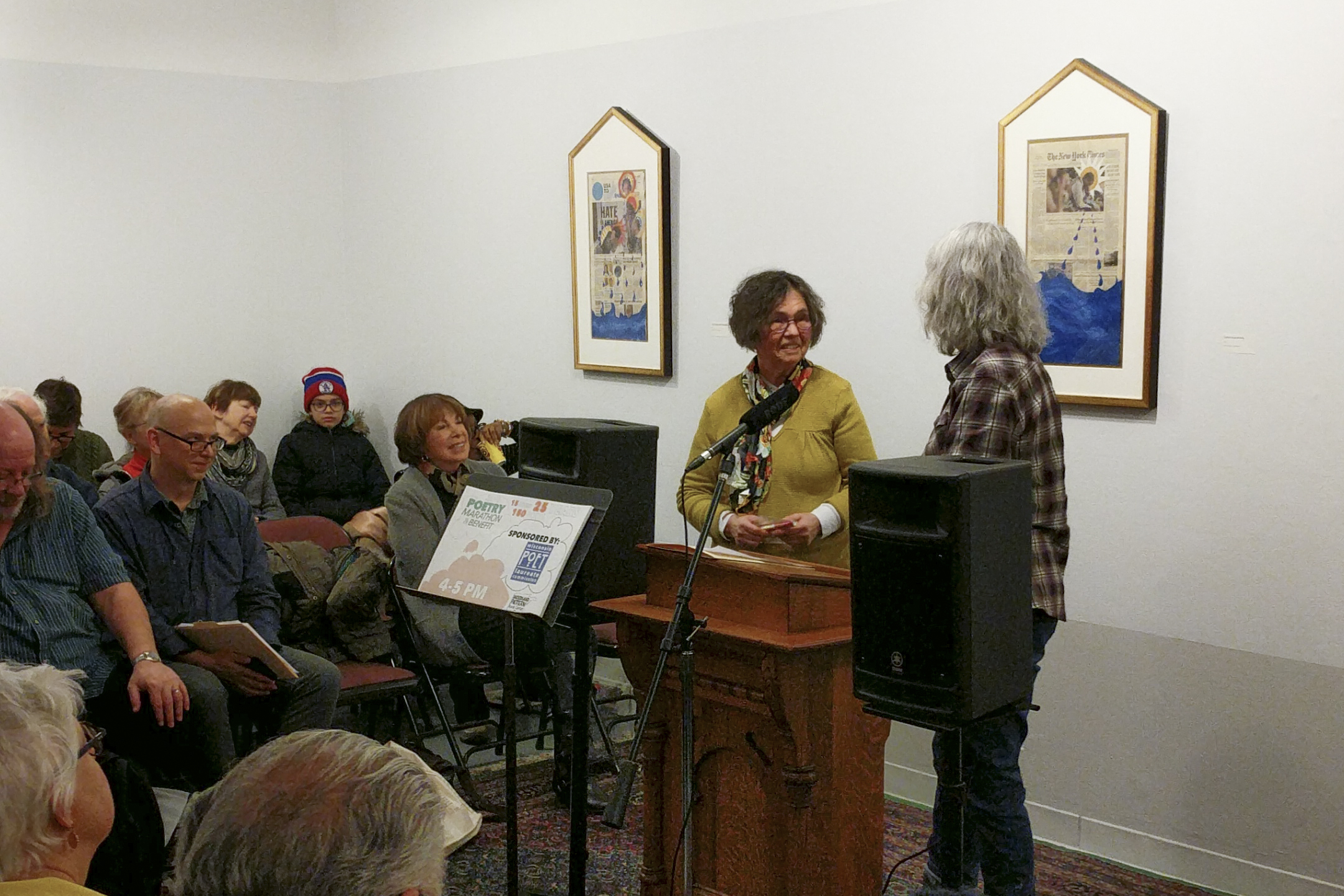
Rozga at our 2019 Poetry Marathon during her inauguration ceremony as Wisconsin's Poet Laureate
Creative use of the page is one of our important poetic tools. The following prompt encourages you to engage more deliberately with white space to create poems that can visually speak to personal experiences and values you may currently be trying to write about.
In a matter of weeks, the phrase social distancing has become part of our vocabulary and experience. At the same time, one cable channel uses as the catch phrase weareinthistogether, keeping the space between words to a minimum.
So, here’s the prompt:
Write a poem that expresses what you want to keep at a distance and/or what you want to hold together. Use creative spacing as part of your poetic strategy for this poem.
Include both tangible, material things and intangibles. For example, you want to keep a s a f e d i s t a n c e from crowded shops, unleashed dogs, and of course, viruses.
You may also want to keep distance between yourself and price gouging, greed, false positives, and, for that matter, false negatives.
On the other hand, think together: What do you want to be with? Fresh vegetables, music, a loved one, a sense of humor, compassion, justice?
Finally, consider how your life may have both contracted and expanded overnight—are there ways to express those changes spatially in a poem?
BONUS: Can creative use of punctuation also convey your sense of a p a r t andtogether? Think commas, semi-colons, and other beauties including but not limited to % * # @ ][ () and/or )(
MARGARET ROZGA was born and raised in Milwaukee’s South Side. She joined the Milwaukee NAACP Youth Council during the 1960s. During her time studying at Alverno College, she became involved in the emerging civil rights movement, and in the summer of 1965, she joined a group of Milwaukee volunteers to work on a SCLC (Southern Christian Leadership Conference) summer voter registration project in rural Alabama. Rozga participated in the protests against the Eagles Club in 1966 and also the open housing marches of 1967–68. In 1976, she married former Youth Council advisor, James Groppi, and they had three children. Rozga’s poems draw on her experiences and interests as an educator, avid reader and researcher, parent, and advocate for social and racial justice. Her first book, 200 Nights and One Day (Benu Press, 2009), was awarded a bronze medal in poetry in the 2009 Independent Publishers Book Awards and named an outstanding achievement in poetry for 2009 by the Wisconsin Library Association. Her other books include Though I Haven’t Been to Baghdad (Benu Press, 2012); Justice Freedom Herbs (Word Tech Press, 2015); and Pestiferous Questions: A Life in Poems (Lit Fest Press, 2017). Rozga has also served as an editor for three poetry chapbook anthology projects, most recently Where I Want to Live: Poems for Fair and Affordable Housing (Little Bird Press, 2018), a project of the 50th anniversary commemoration of Milwaukee’s fair housing marches. An emeritus professor of English at the University of Wisconsin–Waukesha, she is Wisconsin’s current Poet Laureate.
Community Responses
Would that F O R T U N E $ (!) spent
—politically this spring—had
gone to those in need.
—Thallis Hoyt Drake, Milwaukee, WI
It's Easter, the trees have buds but no leaves.
Yesterday a cardinal lit on bare
Limbs outside my kitchen window he cleaves
To cat calls in older box elders where
He's hard to see but where shy females turn
Their heads, follow the call. Taking a stroll,
Actually now it's more of a toddle, learn
Of robins return, landing, collecting tolls.
Insects frightened by footfalls, flapping wings,
Red breasts jutting, "prouder" in those "garments".
They accompany me for awhile, wild things.
Friends before they burst away, short accent
Plopping down a few feet ahead... Soon worms
Will course through earth,
cocked head,
new concern.
—Mike Michaels, Milwaukee, WI
Social Distancing
My email is not working—this makes me feel that my computer
wants to social distance from me
I call Earthlink for help
the past two . . . two people did not help
Now a new Earthlink voice is on the phone, he asks where I live,
and I ask him where he lives
He tells me he lives
in I
n
d
i
a
he asks how we are doing with the virus that runs
around
and
around
and
around
the
world
I tell him about sheltering in place and social distancing
he says it would be hard to social distance in his country because
everyone
lives
on top
of
each
other
HE NEVER MENTIONS WHY he CALLED, IT SEEMS UNIMPORTANT NOW
So we just talk like we have been friends long before social distancing
He says he will call again, again, to check up on
me
Maybe next time we’ll talk about my email
but maybe we won’t
Hope he will be cooking when he calls,
the enticing aroma of curry carried
across the phone lines with his call . . .
Tonight I’ll place a carry-out-order
with Taj Mahal for garlic nan, and samosas
hope you are well and wearing the coat
of social distancing
—Janet Leahy, Milwaukee, WI
More from this series
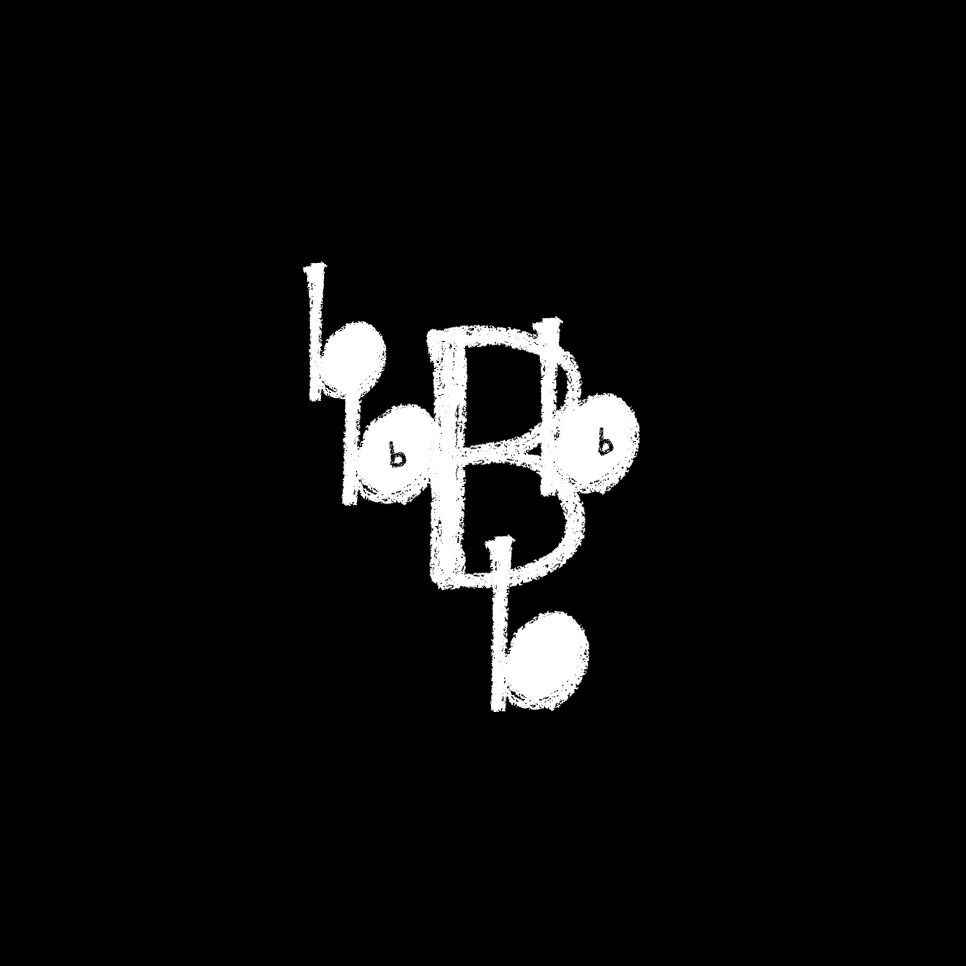
The Word was in the beginning but it is made of letters.Prompt #40—giovanni singleton

Write in NaturePrompt #39—Oogie Push
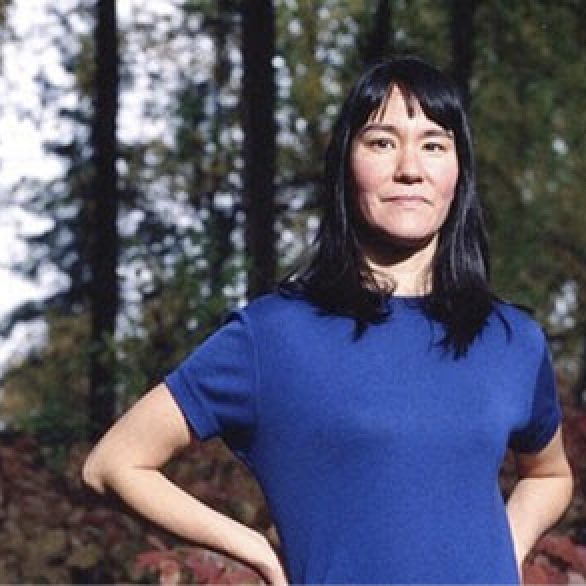
Real FoodPrompt #38—Joan Kane
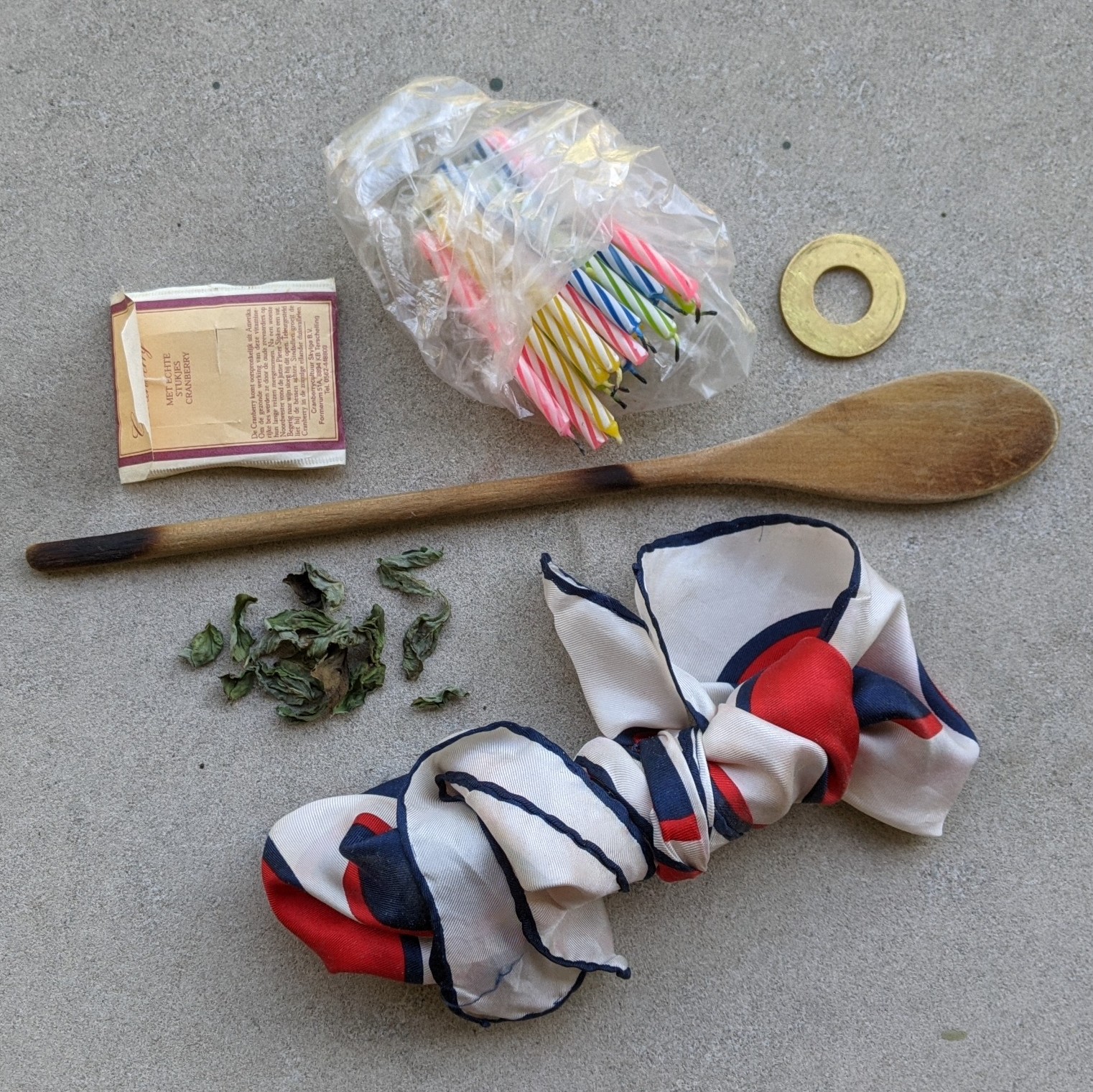
You Don't Need Proust to Smell GoodPrompt #37—Elizabeth Hoover
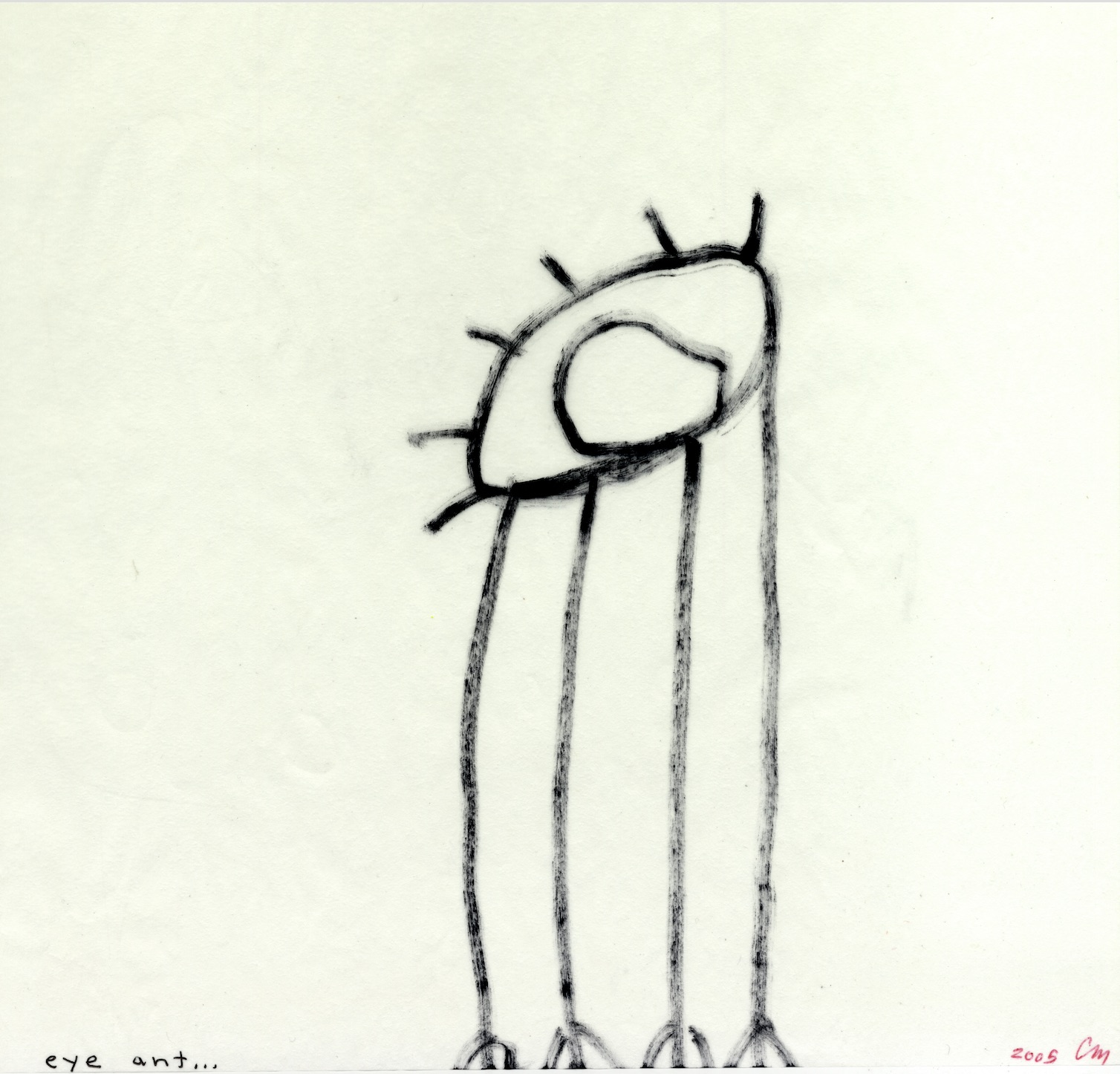
Find Your Own FormPrompt #36—Sawako Nakayasu

Tarot Recall: A Visionary Exercise for the PresentPrompt #35—Laurence Ross

Queers in Love at the End of the WorldPrompt #34—CJ Scruton
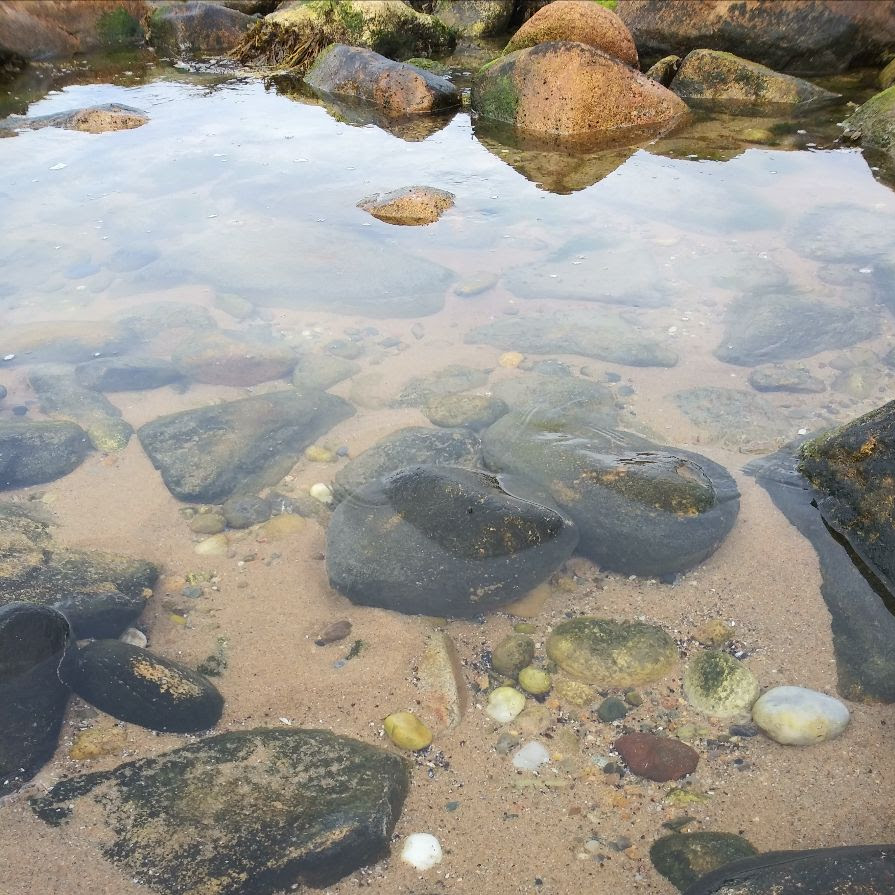
WORKBOOK FOR CHANGE: TWO PROMPTSPrompt #33—Kate Schapira
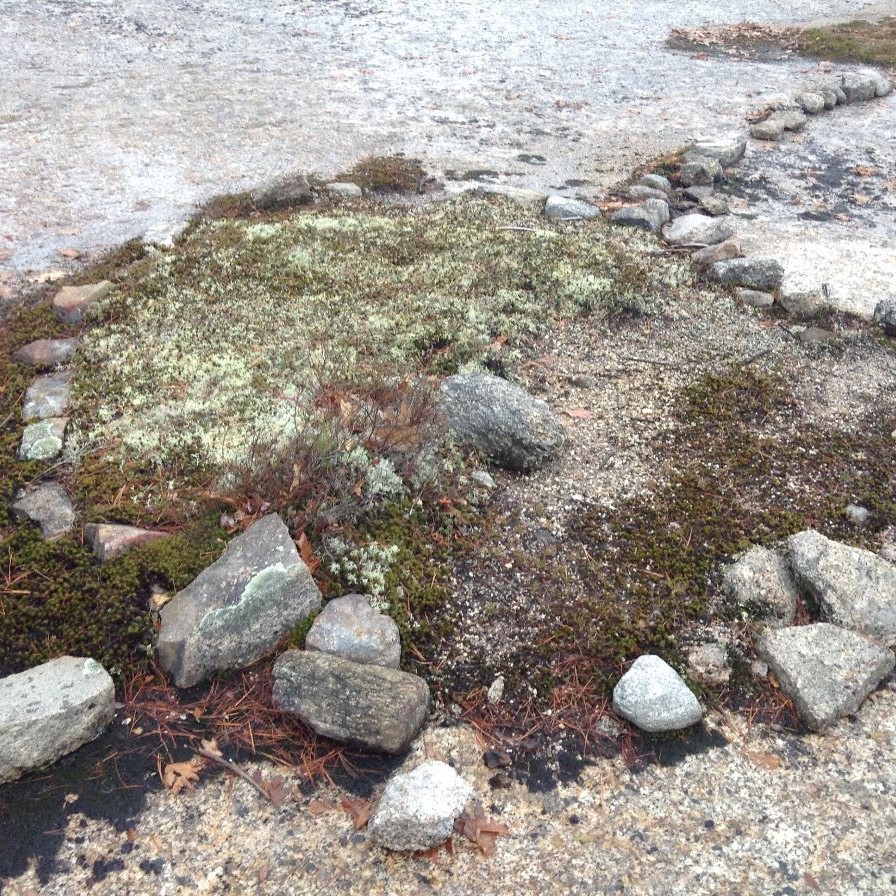
Preparation for the PromptPrompt #32—Lisa Fishman

Collage Your Own Writing PromptPrompt #31—Helen Hofling
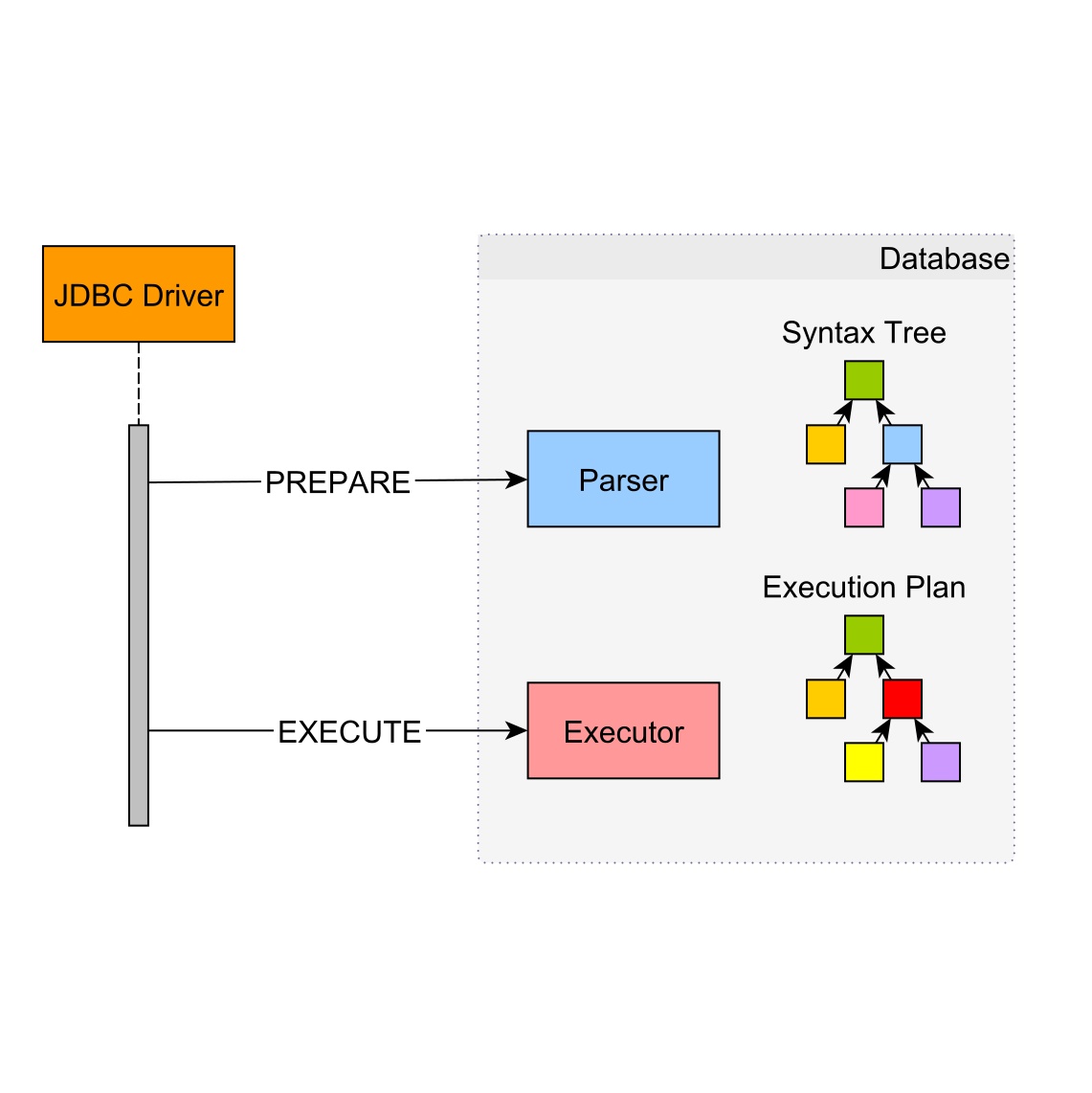
Prepared StatementPrompt #30—Mike Hauser

Repeat Repeat WritePrompt #29— Lewis Freedman
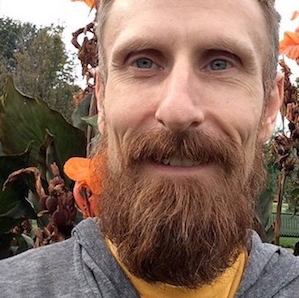
Poetic CorrespondencePrompt #28—Eric Baus

EKPHRASIS YOURSELFPrompt #27—Jennifer Nelson
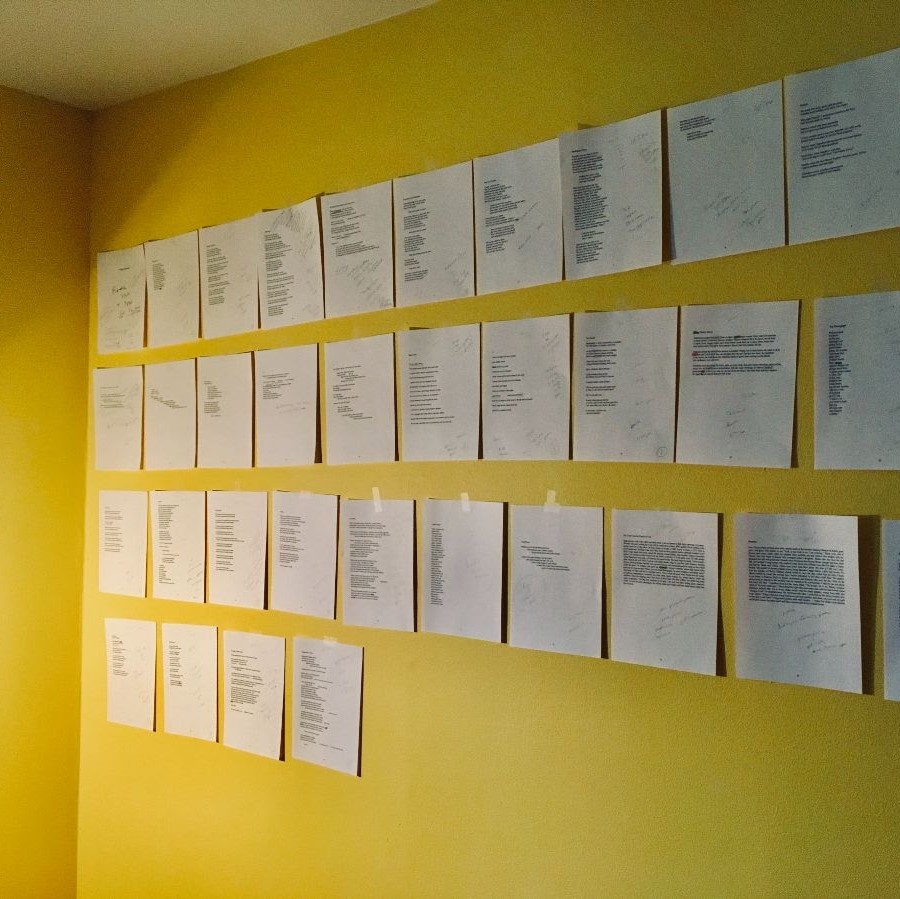
POETRY IS FOR THE PEOPLEPrompt #26—Angela Trudell Vasquez
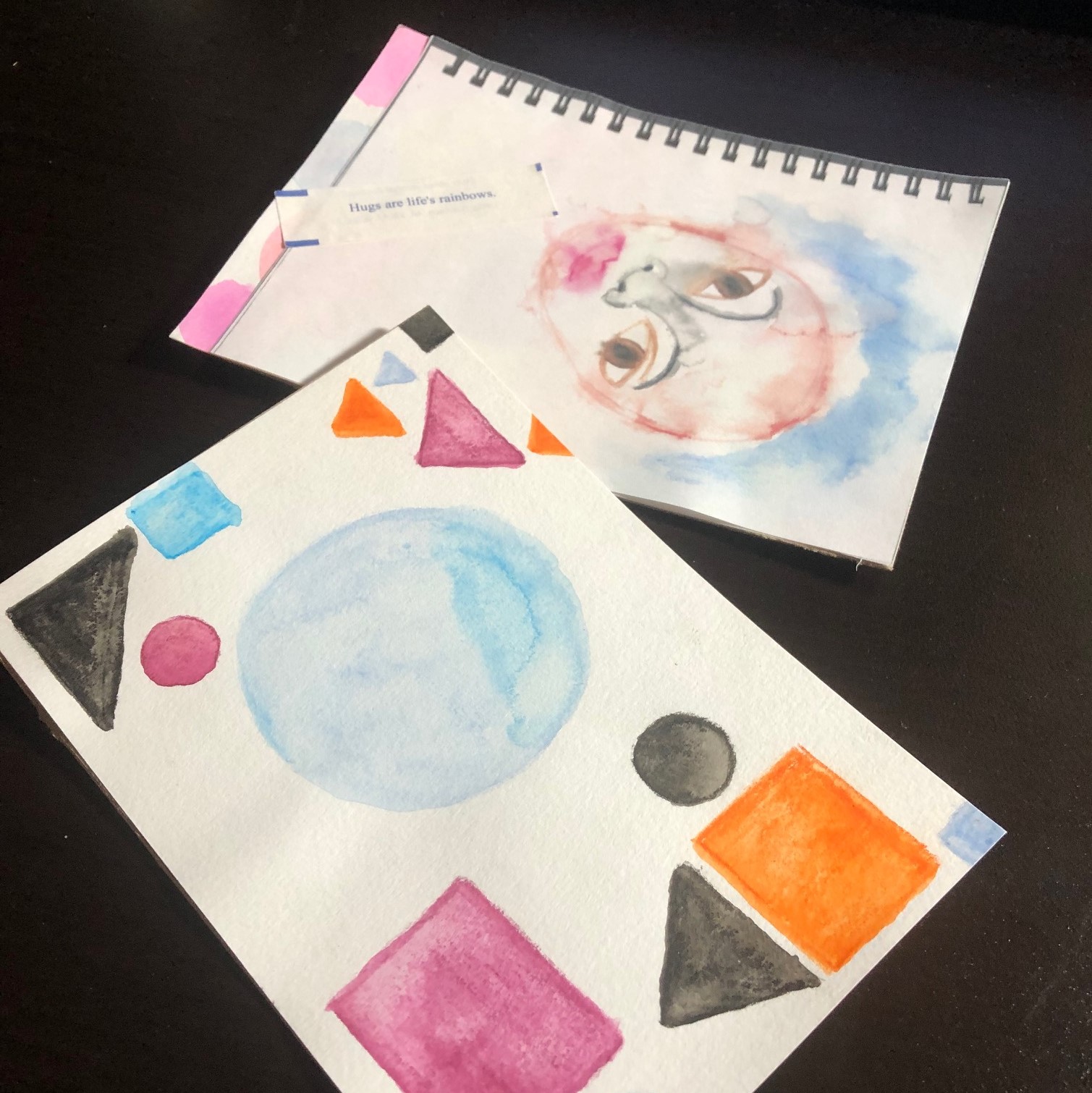
MAIL ARTPrompt #25—Siwar Masannat
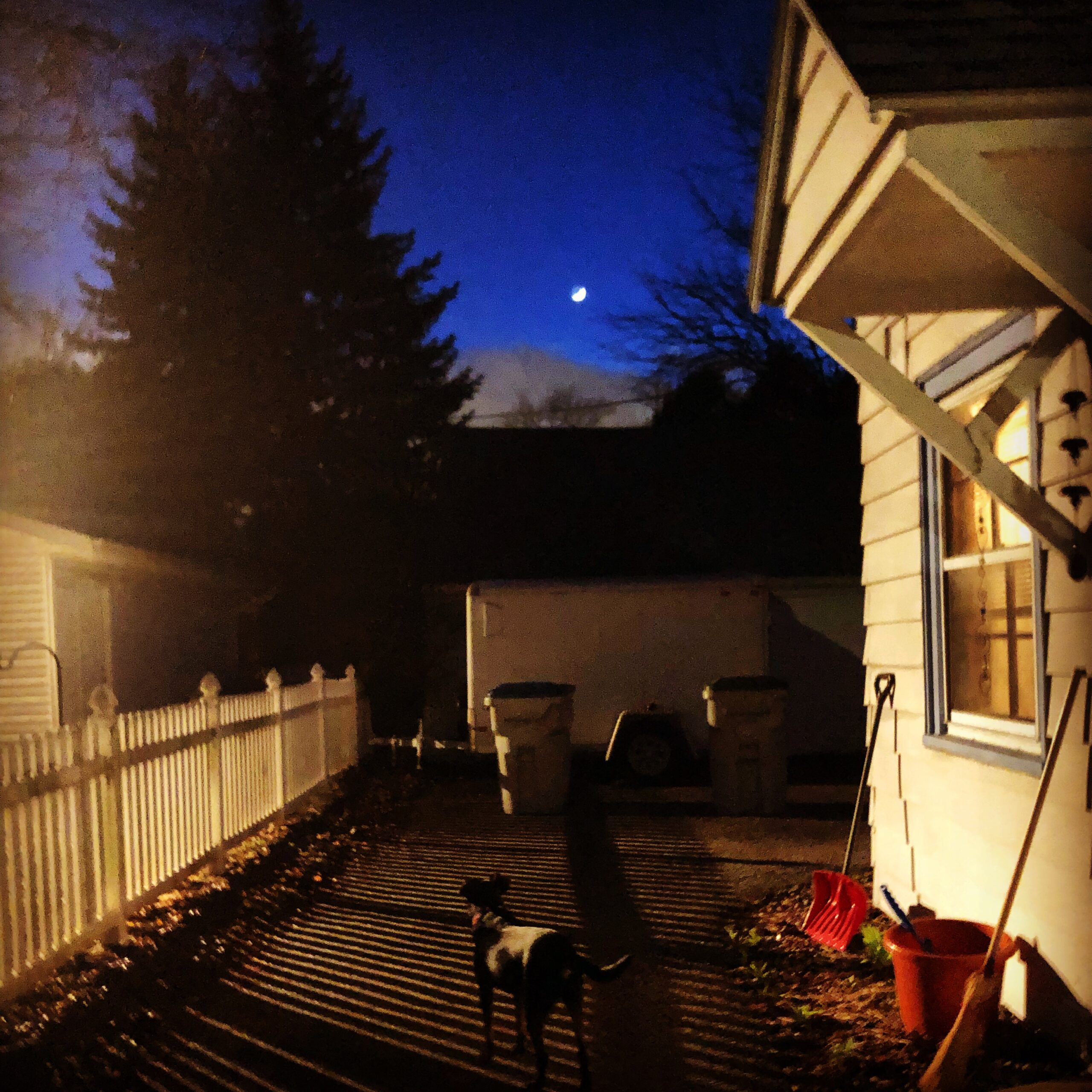
VISUAL POSTCARDSPrompt #24—Portia Cobb
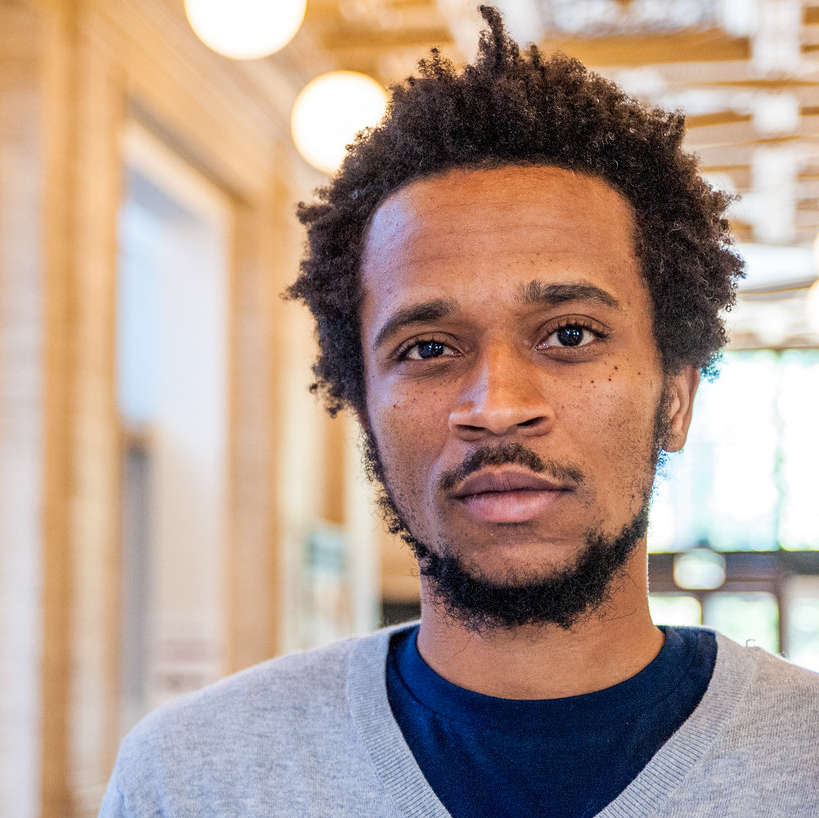
A [LONGER-TERM] DEEP LISTENING PROMPTPrompt #23—Jibade-Khalil Huffman

Humor as Medicine for the SoulPrompt #22—Mauricio Kilwein Guevara

Personification: A Social Justice PromptPrompt #21—Derrick Harriell

Ponge ExercisePrompt #20—Tyrone Williams
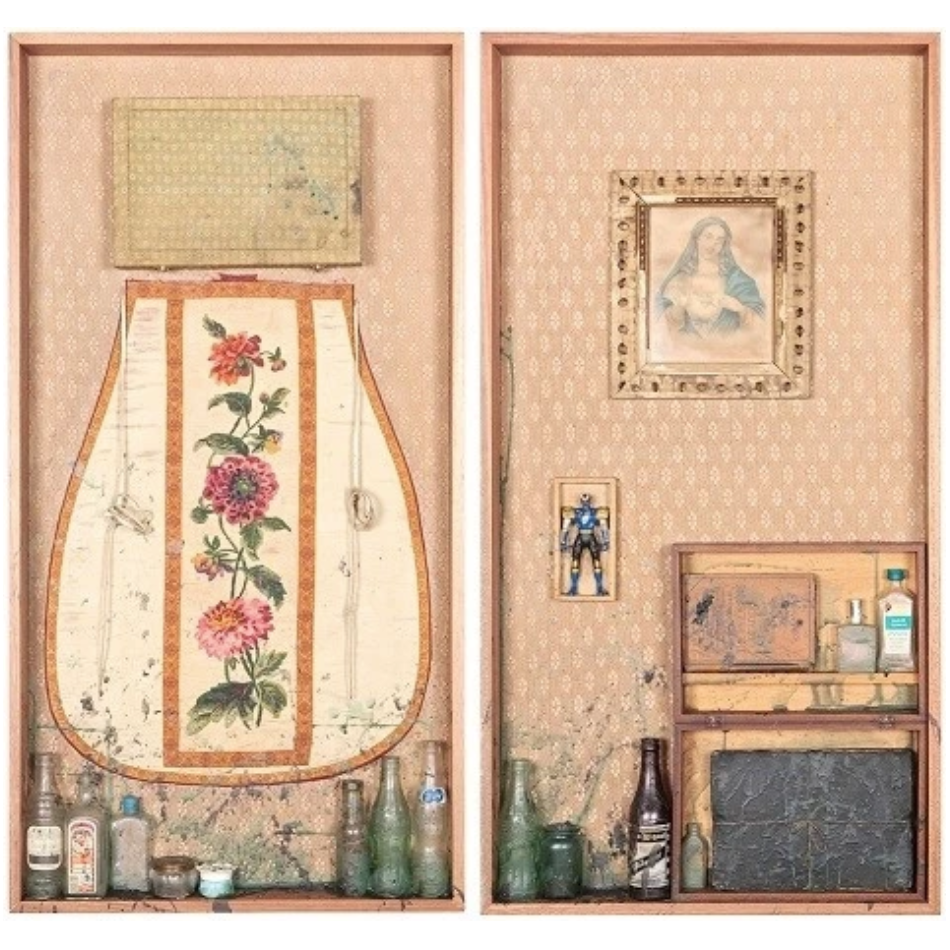
Occult DocupoesisPrompt #19—Kimberly Alidio
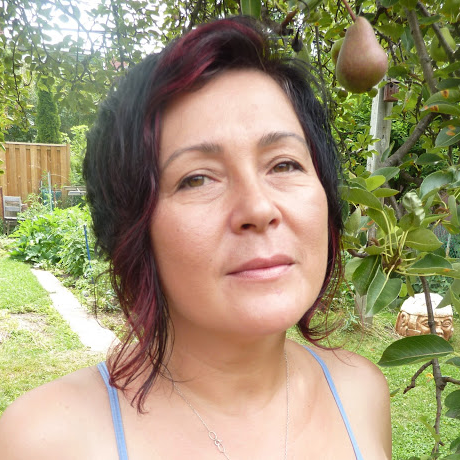
Junk Drawer SongPrompt #18—Hoa Nguyen

TALK TO THE POETSPrompt #17—Stacy Szymaszek
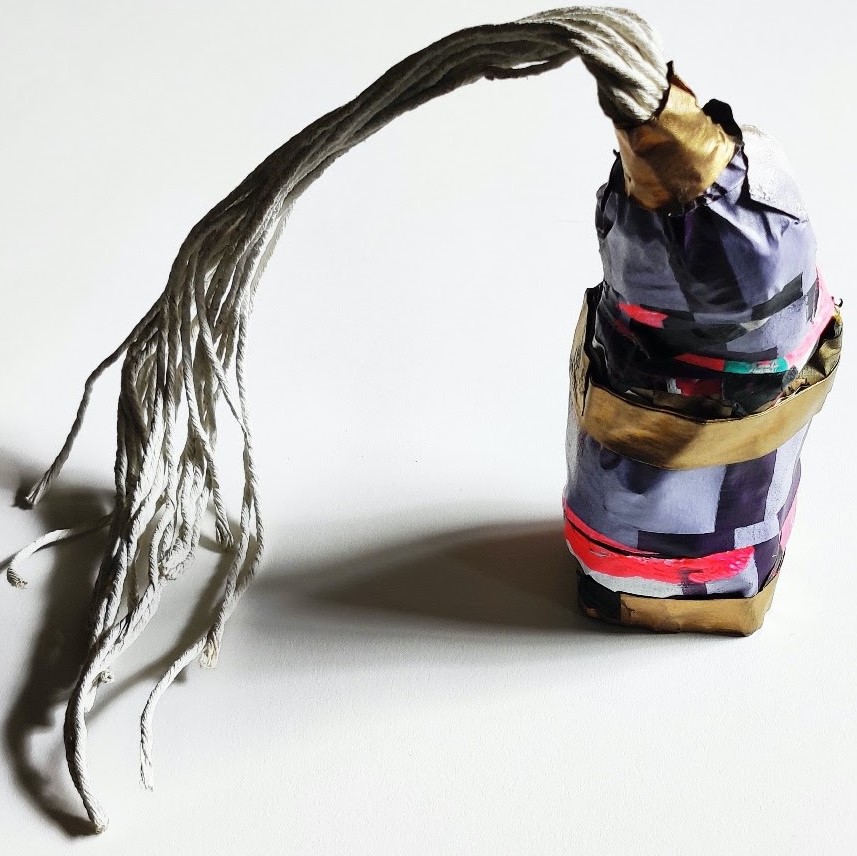
Make-Do Origin Stories & Concrete FuturesPrompt #16—Ching-In Chen
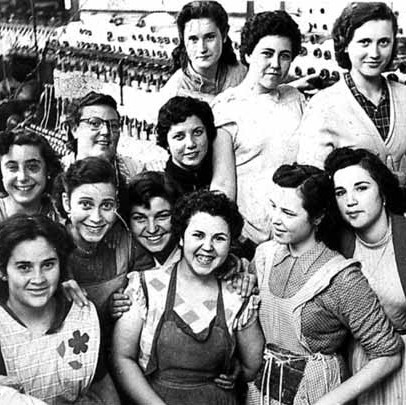
The Family PhotographPrompt #15—Rosa Alcalá
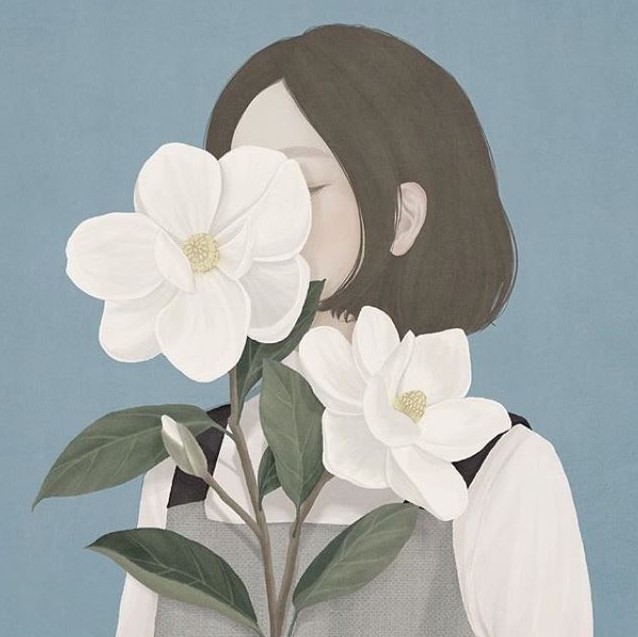
Writing Advice for Your Younger SelfPrompt #14—E.J. Koh
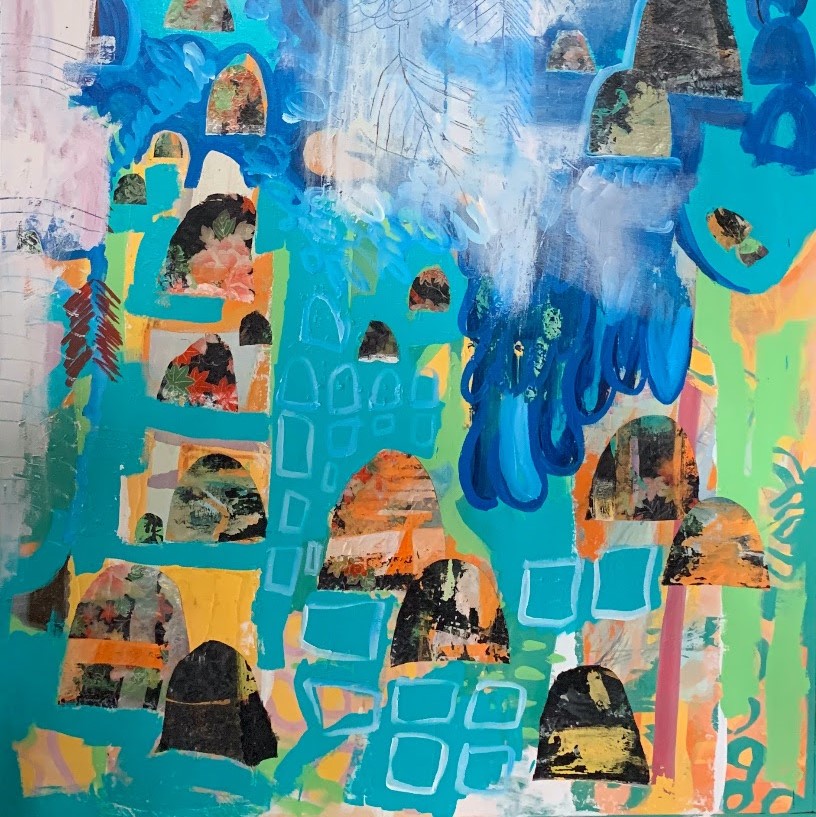
Note(s) to SelfPrompt #13—Stacy Blint
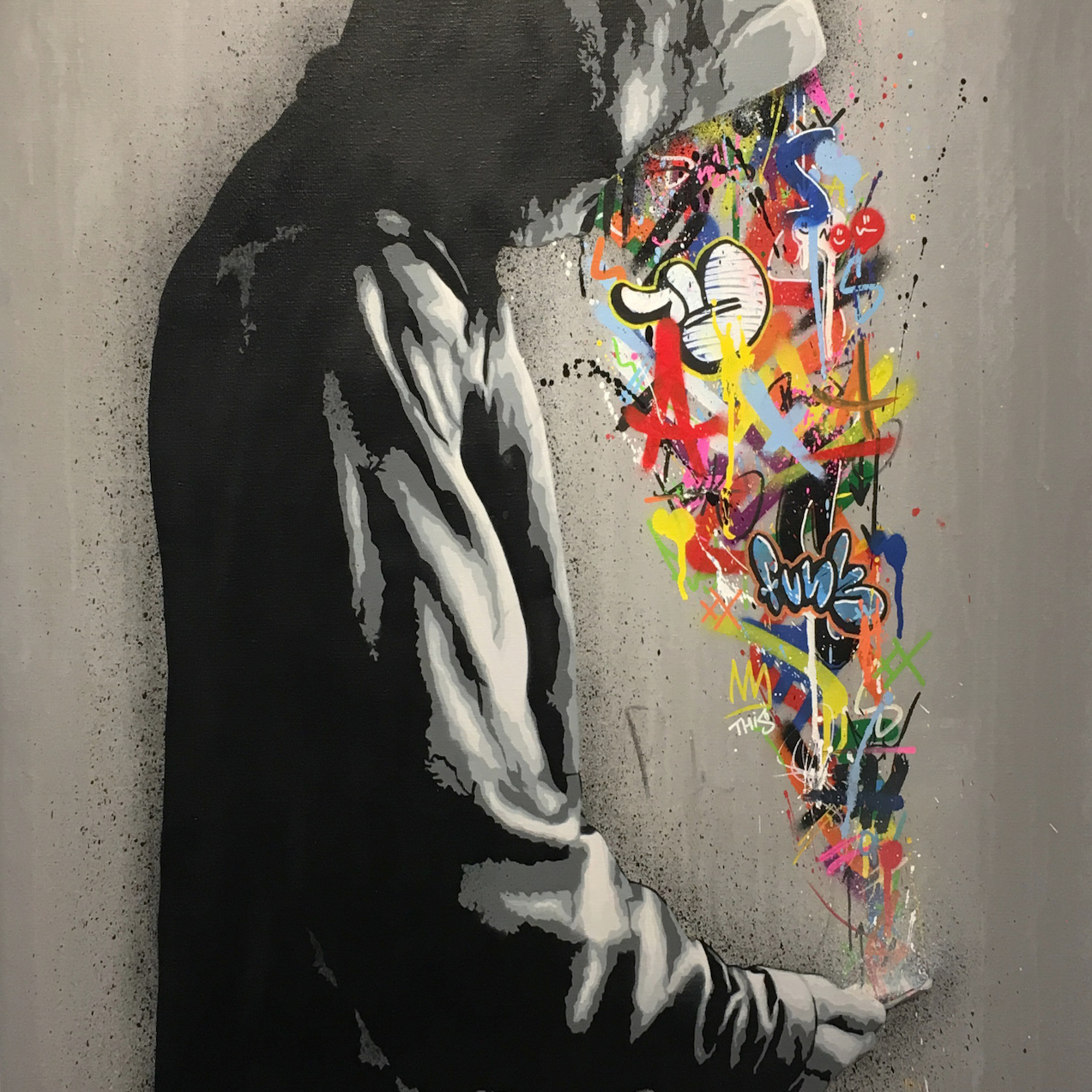
Embracing ConfusionPrompt #12—Bryon Cherry
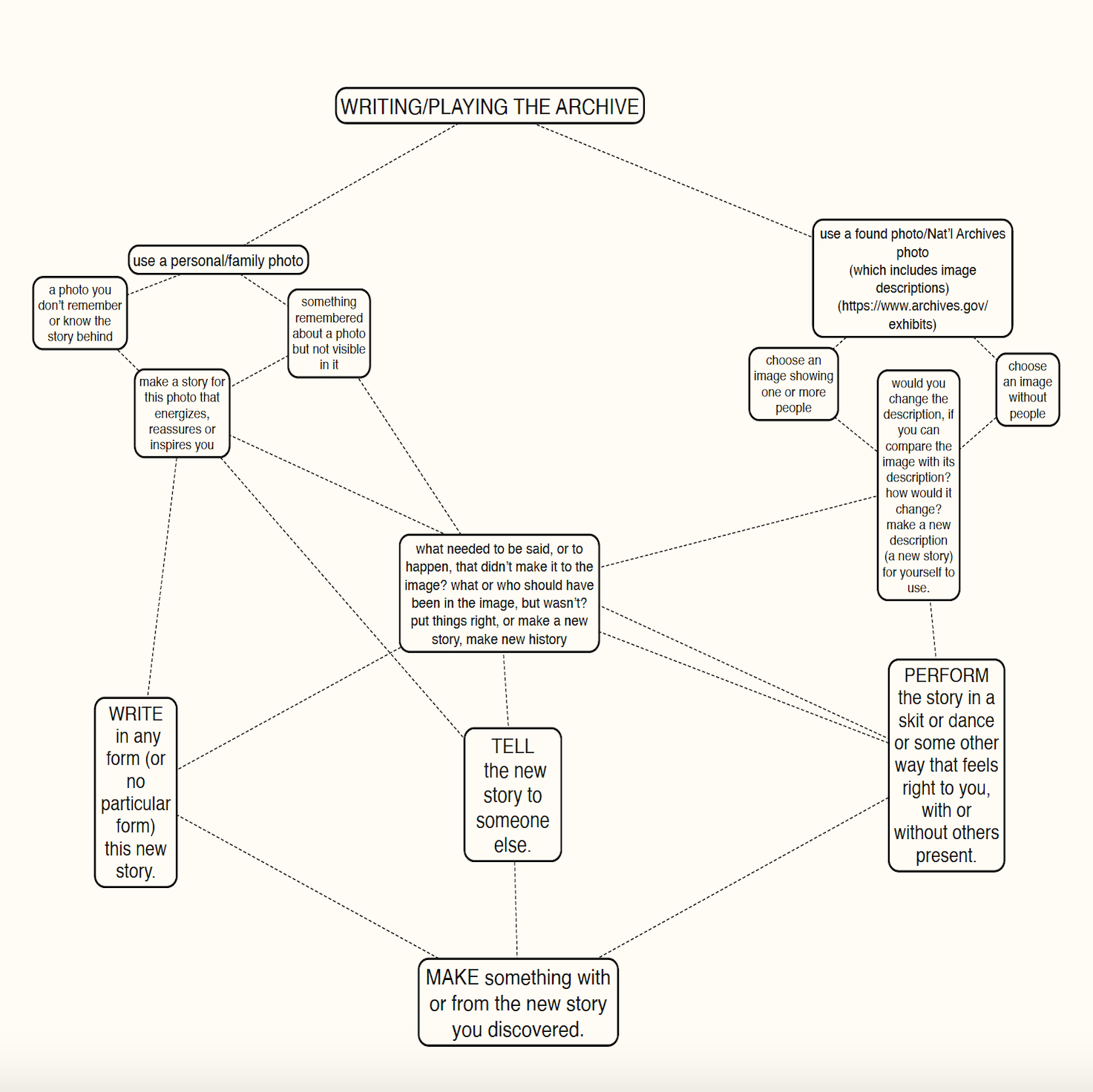
Writing/Playing the ArchivePrompt #11—Jay Besemer

CAPTURED & FREEDPrompt #10—Dasha Kelly Hamilton
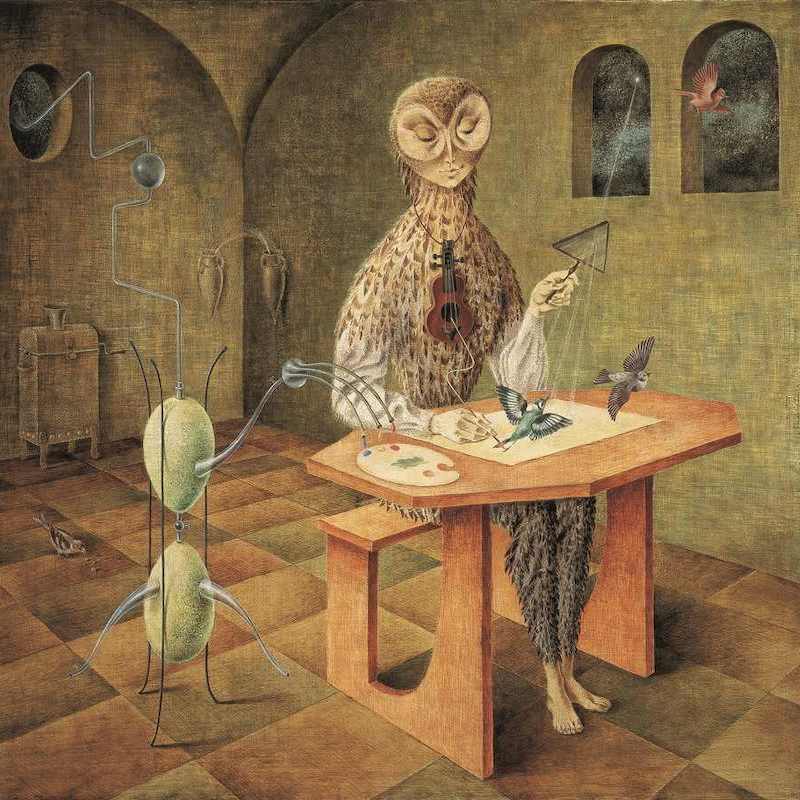
Poetic Exit StrategiesPrompt #9—Ana Božičević
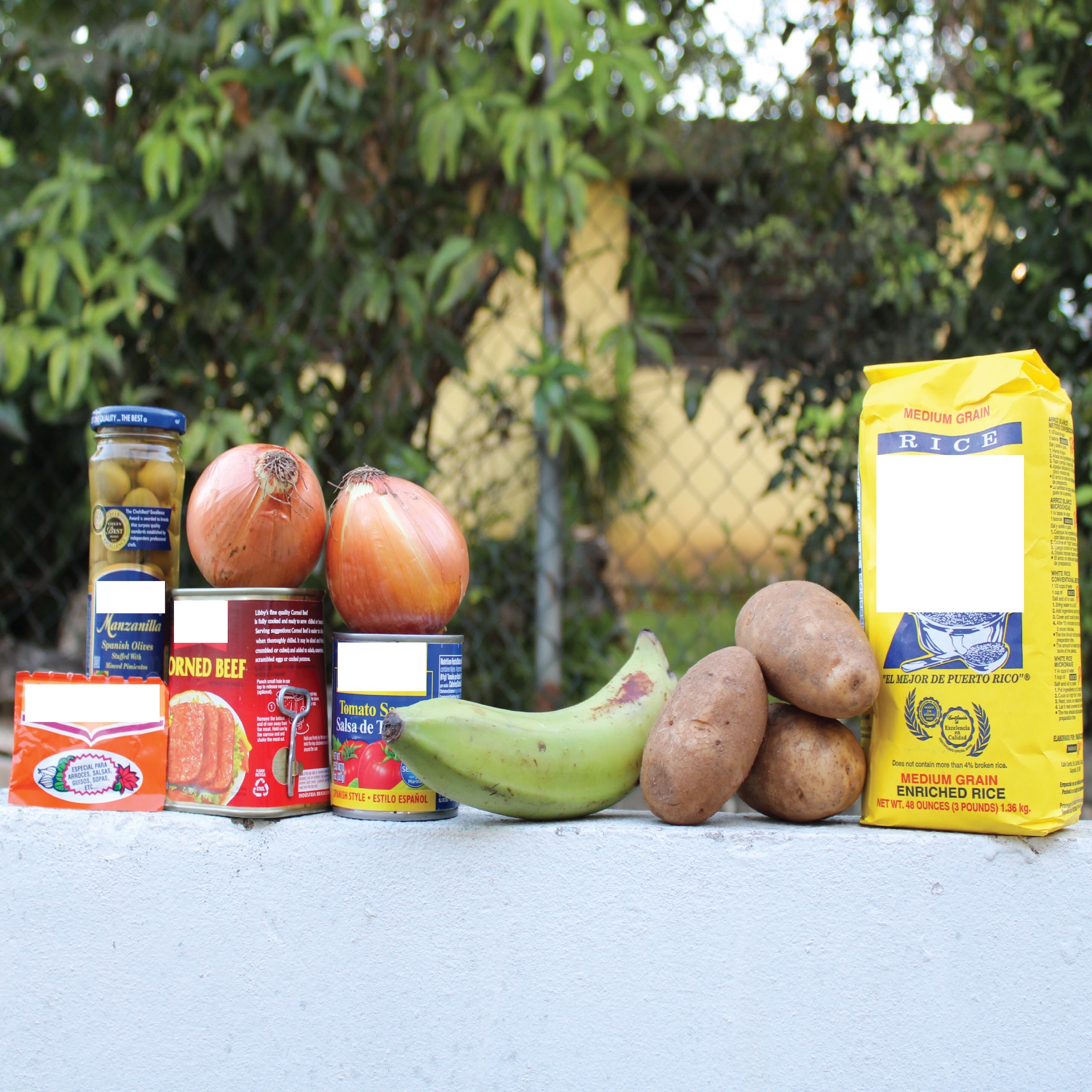
Proyecto ConbífPrompt #8—Erick "CK" Ledesma
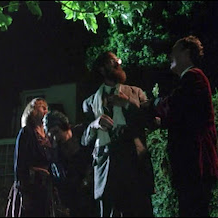
TRILOGYPrompt #6—CA Conrad

Utopian CompromisePrompt #7—Paul Druecke
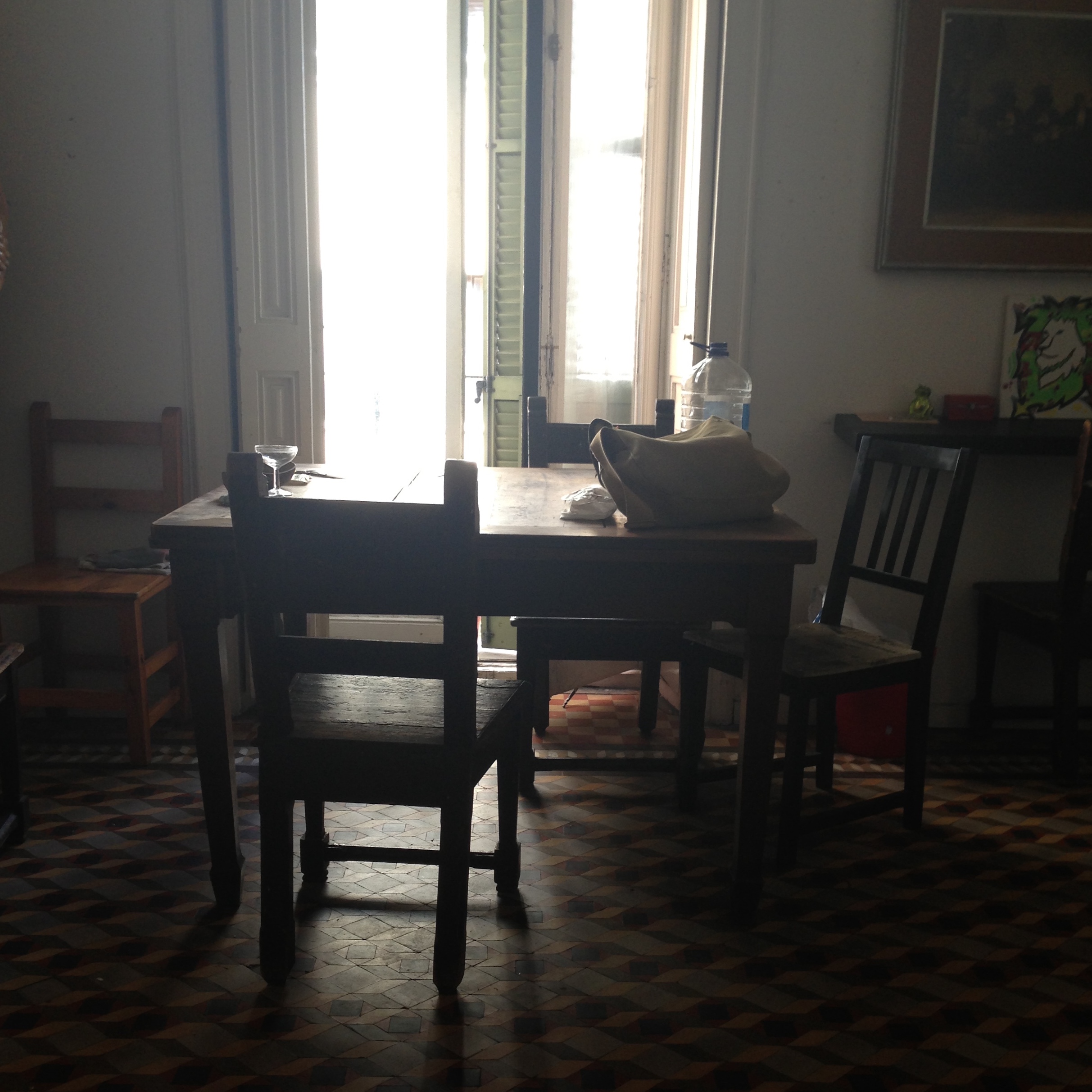
A Series of RoomsPrompt #5—Laura Solomon
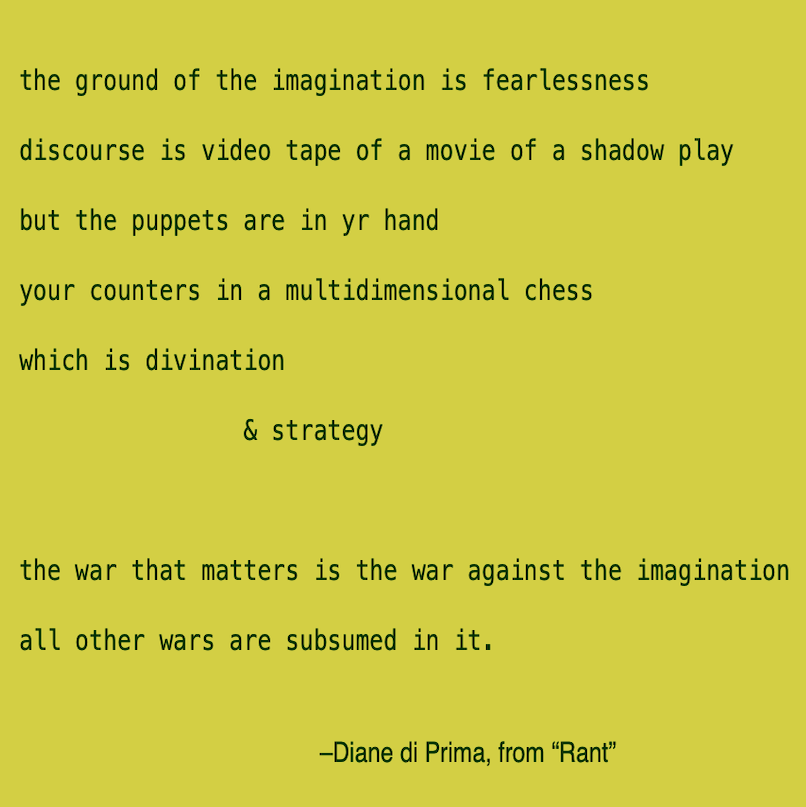
Two Variations on N+7Prompt #4—Jenny Gropp
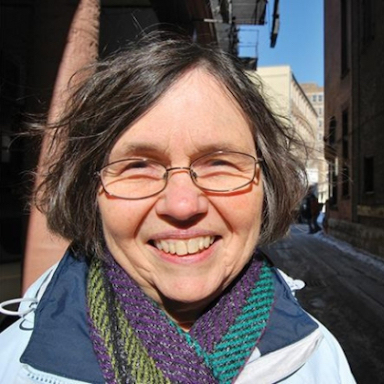
T H E A P A R T / TOGETHERPOEMPrompt #3—Margaret Rozga
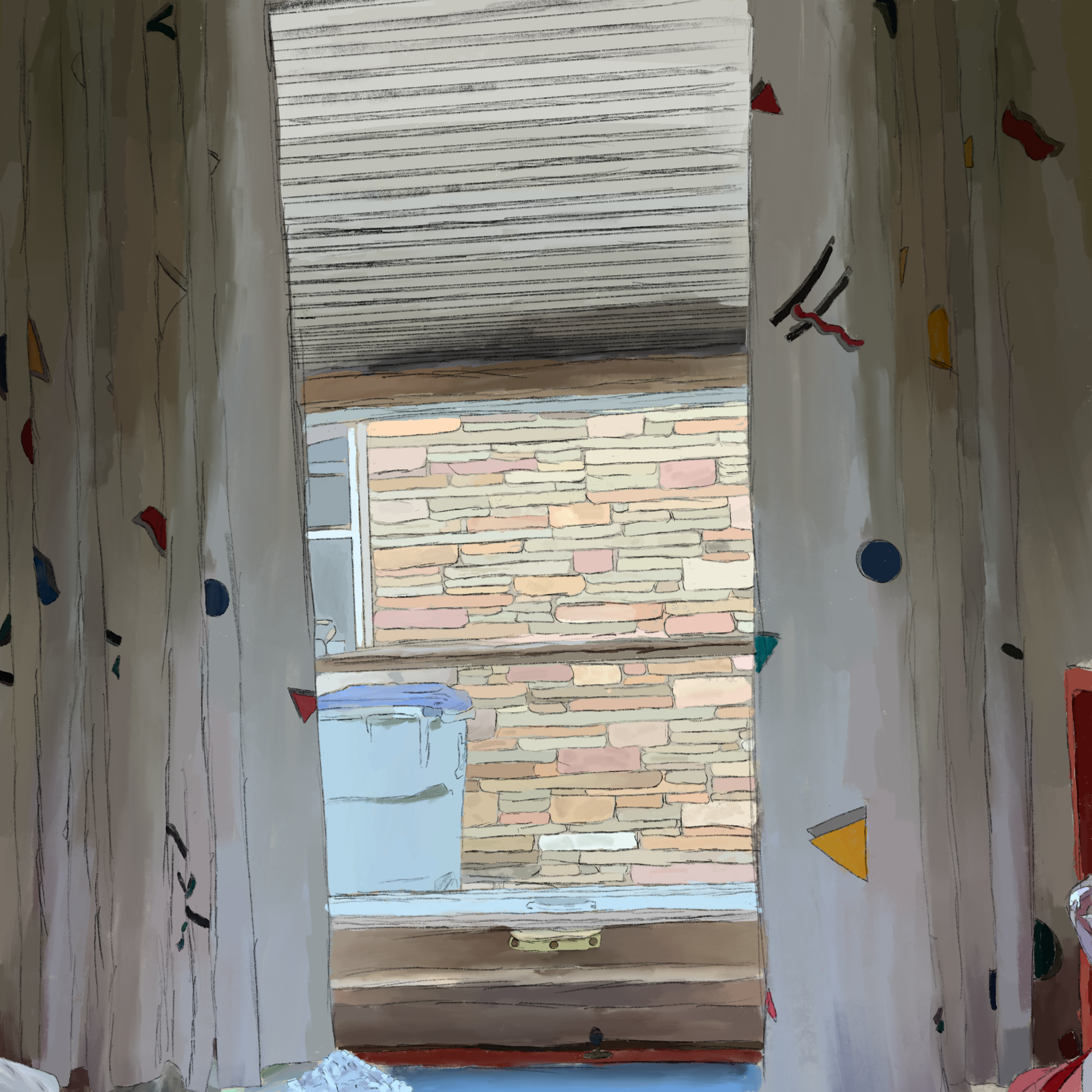
An Exercise in WindowsPrompt #2—Marla Sanvick
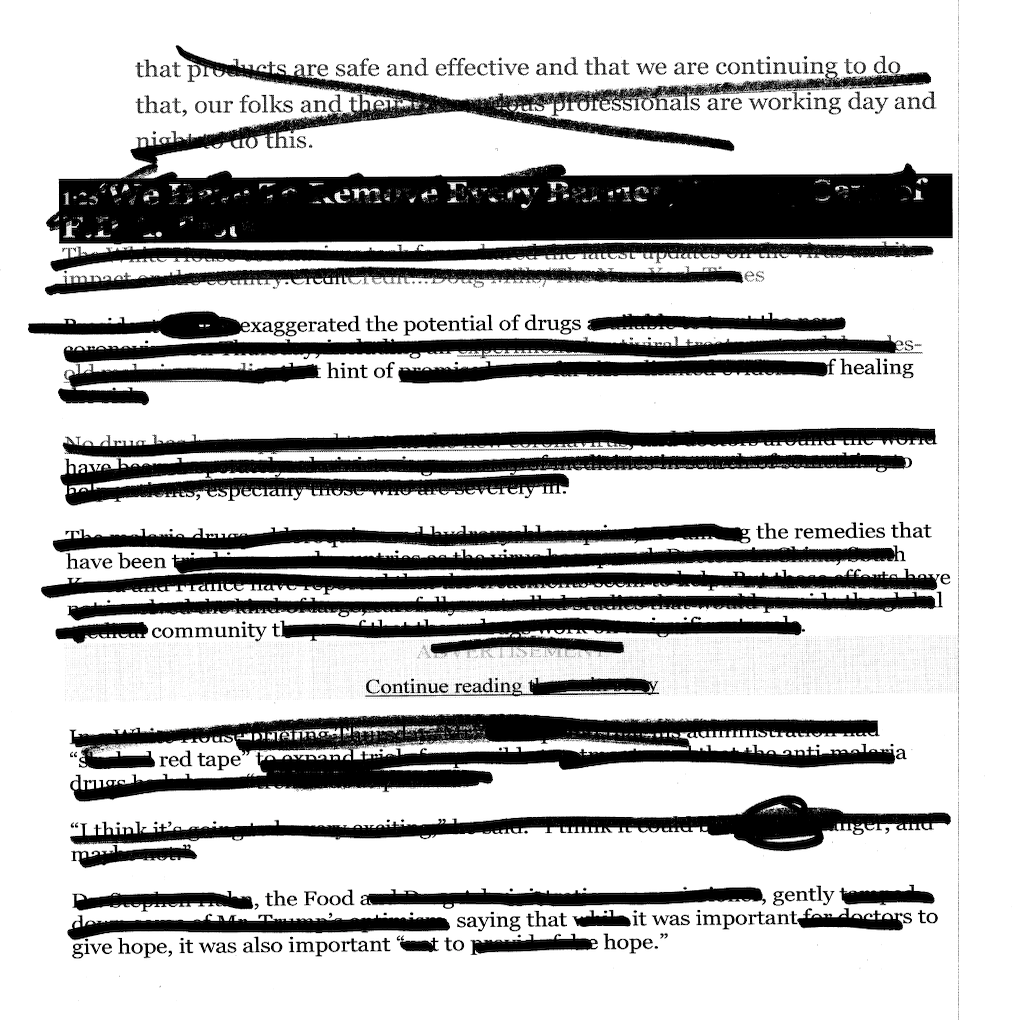
Erasuring AnxietyPrompt #1—Peter Burzynski
We acknowledge that in Milwaukee we live and work on traditional Potawatomi, Ho-Chunk, and Menominee homelands along the southwest shores of Michigami, part of North America’s largest system of freshwater lakes, where the Milwaukee, Menominee, and Kinnickinnic rivers meet and the people of Wisconsin’s sovereign Anishinaabe, Ho-Chunk, Menominee, Oneida, and Mohican nations remain present.
We further acknowledge the grave evil colonialism introduced to these lands through genocide as well as slavery, and also via racist and xenophobic beliefs, laws, and practices that continue to inflict harm upon Black, brown, and Indigenous lives. We honor those who have lived—and do live, now—at these intersections of identity and experience, and are committed to the active dismantling of white supremacy.
720 E. Locust Street
Milwaukee, WI 53212
Phone: 414 263 5001
Hours: Tues–Sun | 12-7 pm
Closed Mon
Building Accessibility: Despite the age of our physical location, and attendant limitations to access, Woodland Pattern is committed to making its programs and facilities available for as many as possible. Please call for more information.
Events Accessibility: Woodland Pattern is able to offer captioning services for its online events and with advanced notice can provide ASL interpretation for live events. Please contact us with accommodation requests and questions.
© Woodland Pattern 2025
